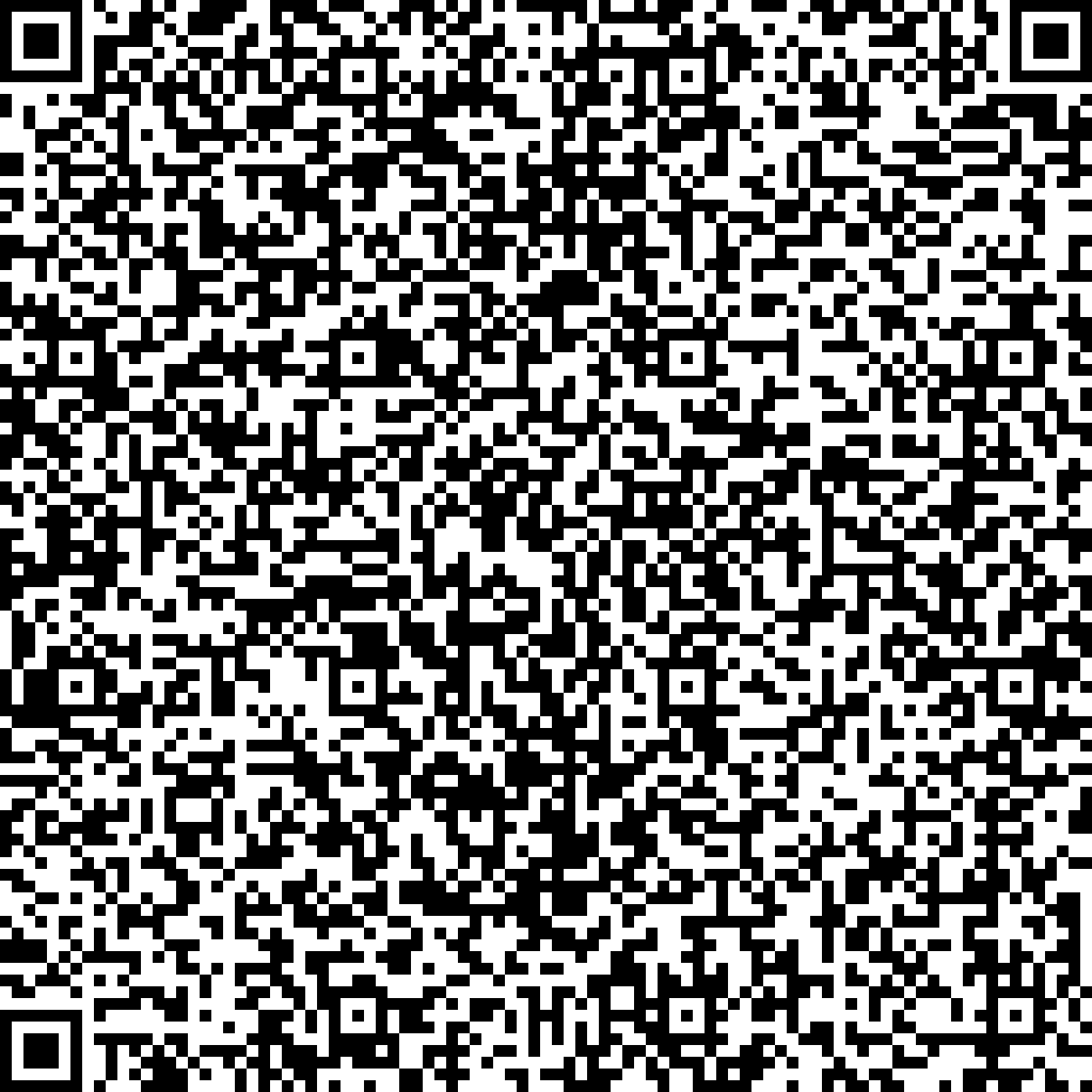

Chirality-induced spin selectivity (CISS) is a striking yet still not fully understood effect in chiral chemistry, where electrons gain significant spin polarization when passing through chiral molecules. In this study, we explore CISS in atomically thin chiral crystals formed by van der Waals assembly. We find that the effect can be strong even in just two spin-orbit-coupled monolayers due to the interplay of structural chirality and spin-orbit-induced spin flipping. Focusing on twisted homobilayer transition metal dichalcogenides, our calculations reveal enhanced spin polarization in MoTe₂. These results propose twisted quantum materials as a highly tunable platform for investigating and harnessing the CISS effect in both condensed matter and chiral chemistry.
Guido Menichetti is a condensed matter physicist and postdoctoral researcher since 2017, currently working at Planckian, a quantum computing start-up. He earned his PhD with honors from the University of Pisa under the supervision of Prof. Giuseppe Grosso, focusing on ab-initio studies of surfaces and interfaces. He later worked under Prof. Marco Polini on light-matter interaction, 2D materials, and quantum transport. His research combines tight-binding, DFT, and many-body theory.


Chirality-induced spin selectivity (CISS) is a striking yet still not fully understood effect in chiral chemistry, where electrons gain significant spin polarization when passing through chiral molecules. In this study, we explore CISS in atomically thin chiral crystals formed by van der Waals assembly. We find that the effect can be strong even in just two spin-orbit-coupled monolayers due to the interplay of structural chirality and spin-orbit-induced spin flipping. Focusing on twisted homobilayer transition metal dichalcogenides, our calculations reveal enhanced spin polarization in MoTe₂. These results propose twisted quantum materials as a highly tunable platform for investigating and harnessing the CISS effect in both condensed matter and chiral chemistry.
Guido Menichetti is a condensed matter physicist and postdoctoral researcher since 2017, currently working at Planckian, a quantum computing start-up. He earned his PhD with honors from the University of Pisa under the supervision of Prof. Giuseppe Grosso, focusing on ab-initio studies of surfaces and interfaces. He later worked under Prof. Marco Polini on light-matter interaction, 2D materials, and quantum transport. His research combines tight-binding, DFT, and many-body theory.